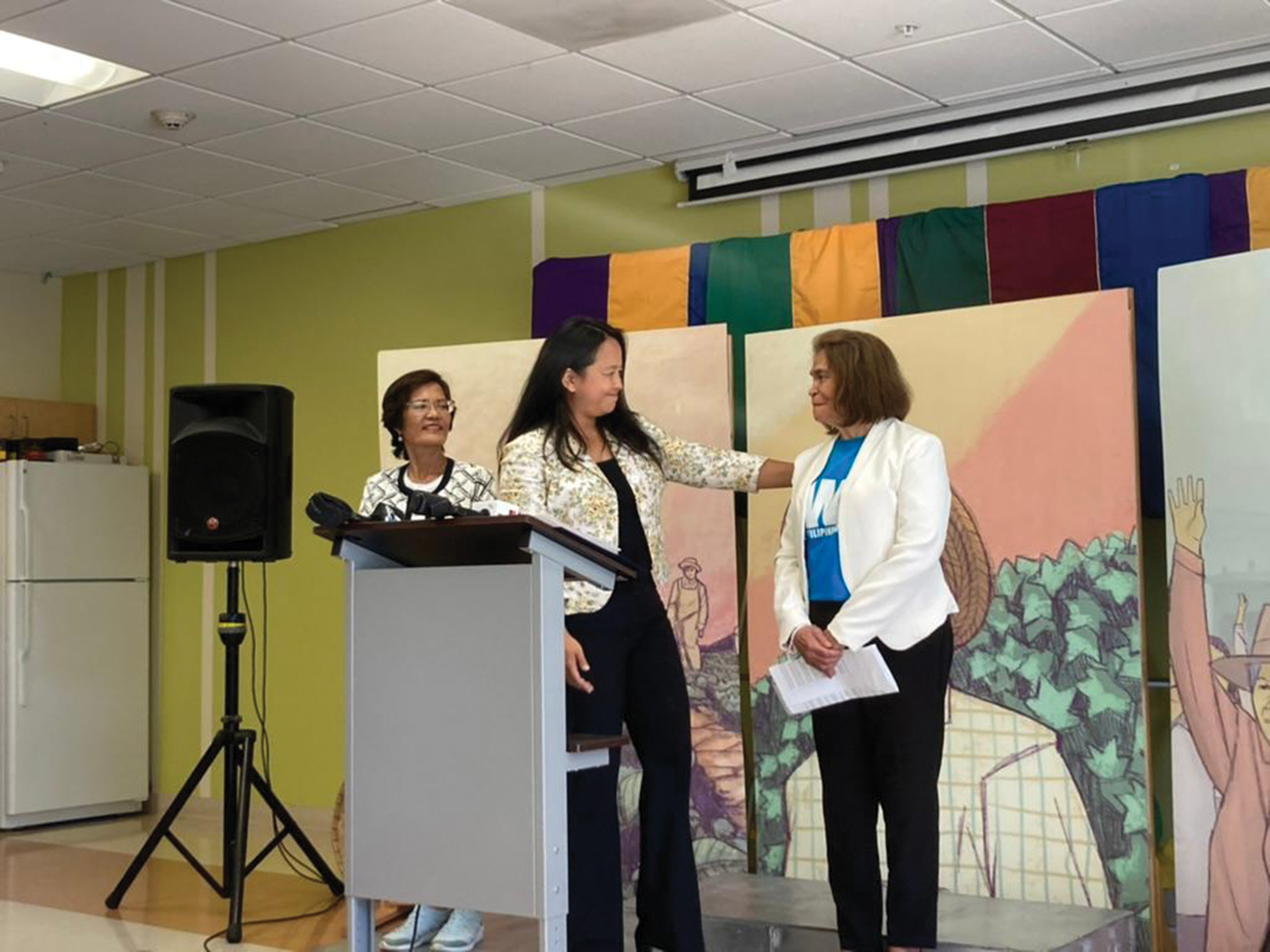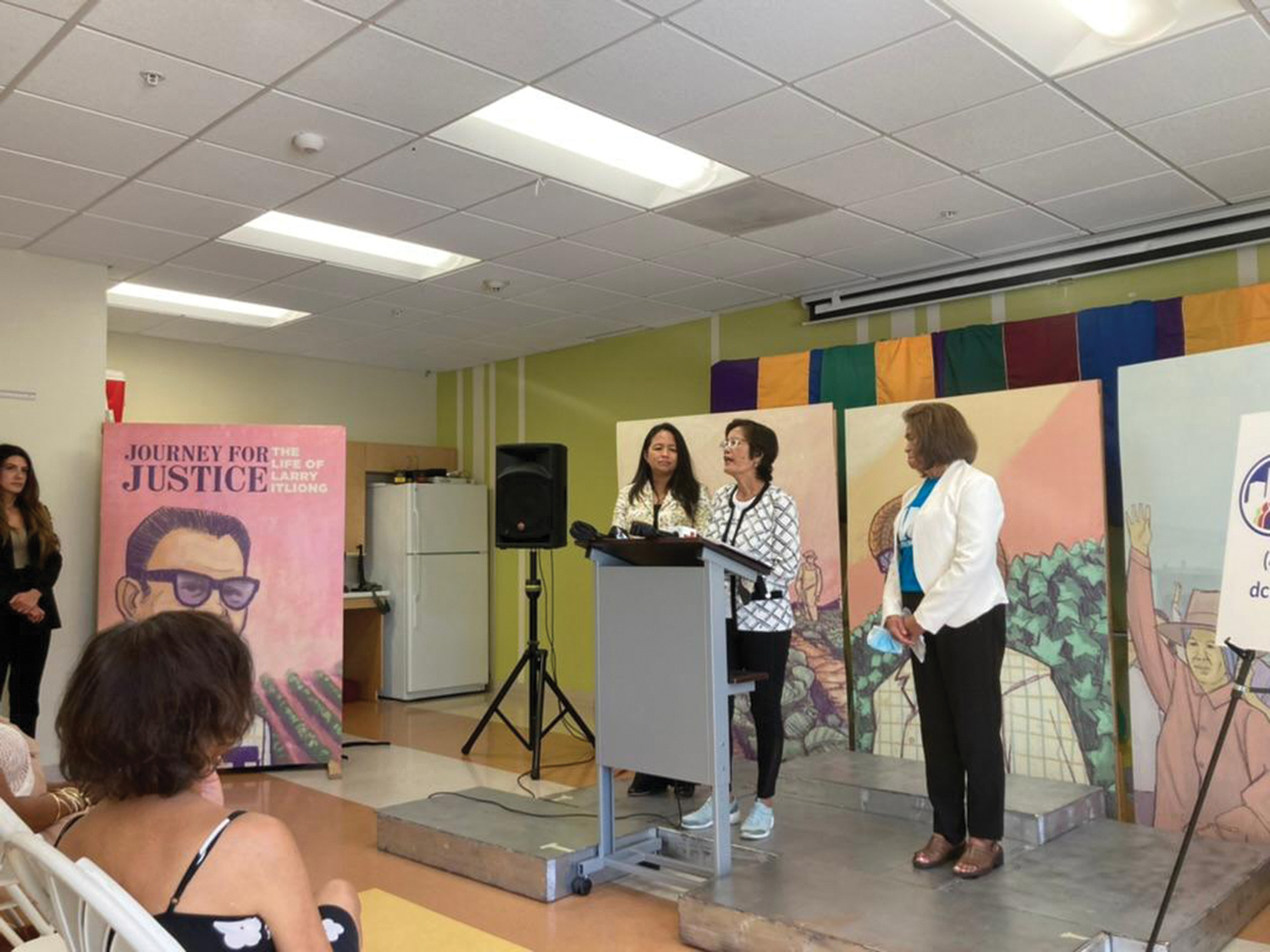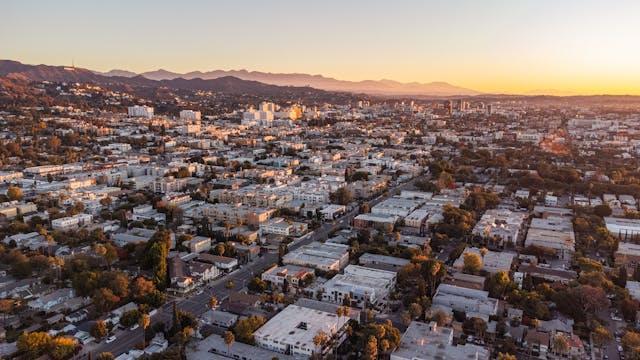
Per county ordinance, employers in unincorporated areas of LA County must pay workers at least $15.96 an hour
THIS past July 1, an ordinance within Los Angeles County that slightly raised the minimum wage took effect, increasing to $15.96 within unincorporated areas of Los Angeles County and $16.04 within the city of Los Angeles.
The countywide wage increase — originally announced in March by the LA County Department of Consumer and Business Affairs (CBA) — applies to unincorporated areas, which includes Altadena, Baldwin Hills, Canyon Country, Castaic, La Crescenta, Montrose, Rowland Heights and Topanga Canyon, among multiple other areas. (For a full list of unincorporated areas in LA County, visit this list.)
The wage raise applies to all who work at least two hours a week.
This 6.4% increase is part of a yearly increase in the minimum wage and is meant to keep up with the spiking costs of living and comes at a time of significant inflation.
Rose Basmadzhyan, chief of LA County CBA’s Office of Labor Equity, said that the increase was also designed to assist workers who are still grappling with the economic effects of the coronavirus pandemic and promote employee retention for small businesses.
“We hope that this modest increase will assist our families suffering from impacts of the pandemic, including with the costs of living. Fair work deserves fair pay, no matter what language you speak and no matter what your immigration status is,” Basmadzhyan said on Thursday, Sept. 1 at a press conference at the Pilipino Workers Center (PWC) in Historic Filipinotown.
PWC, an LA-based workers rights organization that serves Filipino workers and advocates against worker violations, has been working alongside the CBA to make more Filipino workers aware of their rights to fair wages and work conditions.

Aurea Recinto, a domestic worker who now works with PWC, came to the United States in 2018 and worked as a caregiver. But like many immigrant workers who are exploited, Recinto was unaware that she was entitled to certain rights, despite her immigration status.
“As an immigrant domestic worker, and as a person of color, I did not always understand that I had rights,” Recinto shared, adding that her former employer gave her tasks that went beyond her duties as a caregiver, while severely underpaying her.
After joining PWC and learning about workers rights and advocacy, she realized the importance of all immigrant workers to educate themselves about city and county laws that entitle all workers regardless of citizenship the right to fair pay and a safe working environment.
“Raising the minimum wage means a lot for workers like me. The cost of living expenses here in Los Angeles are very high, especially now there is inflation: gas and grocery prices have gone up and it’s difficult to just survive,” Recinto said, adding that the minimum wage increase “means I can improve my personal health.”
“This also affirms workers like me, that government officers see the value of my work and the value of our contribution to society,” she said. “Raising the minimum wage tells us that immigrant workers that we are no longer invisible and overlooked. It affirms that our work is essential and we are essential.”
PWC Executive Director Aquilina Soriano Versoza encourages immigrant workers and those who know immigrant workers to be aware of the county’s wage and worker safety laws so that vulnerable workers can avoid “financial loss and tragedy.”
The citywide wage increase, which is separate from the county ordinance, was first announced in February by LA Mayor Eric Garcetti, which was originally signed in June 2015, and it applies to all areas within the bounds of LA City.
These increases come at a time when many other jurisdictions of Southern California are implementing minimum wage increases across different industries and communities.
Recently, the cities of Los Angeles, Downey, Monterey, and Long Beach have advanced an ordinance that would increase the minimum wage to $25 an hour for healthcare workers in the private sector. n






